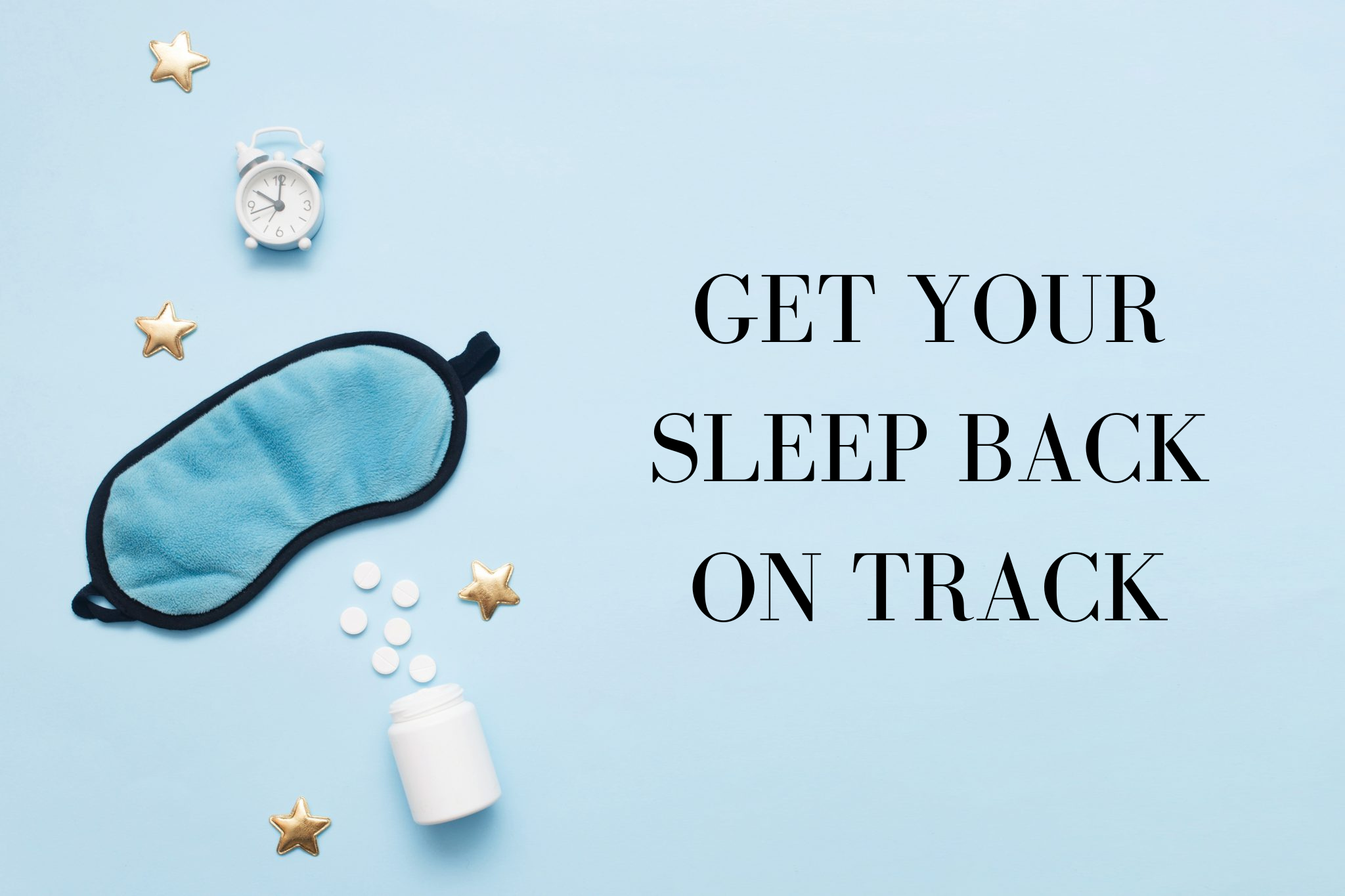
By: Juliane Kristine Morris
Busy minds and busy schedules are keeping more people up later at night and rising earlier in the morning.
Some people use an over-the-counter aid called melatonin, sometimes called the “sleep hormone”. Why the hype with melatonin and is there a healthy mental outcome for those who use melatonin? What about melatonin overdose? Too much melatonin can have the opposite effect of its intended purpose. It can make it harder to sleep because your normal circadian rhythms will be disrupted. An overdose can also leave you feeling groggy and sleepy during the day and give you nightmares or extremely vivid dreams at night.
Melatonin is chemical that is produced naturally in the human body, helping to regulate the sleep cycle through the circadian rhythm that controls our body’s sleep-wake function. The brain usually releases melatonin in the mid-to-late evening and then throughout the night until morning, causing a natural waking up, peaking during the night and lowest during the day.
Factors like stress, excitement, non-typical work shifts, caffeine, blue screen light in the evening, alcohol, insomnia, medications, hormones, aging and of course jet lag, can affect natural melatonin production and release. Some people find taking a melatonin supplement 20 minutes to an hour before bedtime can help with sleep.
Melatonin is typically found in strengths from 1-10mg. A higher dose of melatonin does not mean better sleep. Many people may benefit from .3mg to 1mg, where 3mg or 5mg could be too much. Start small –even .3mg for a few nights 20-60 minutes before bedtime and see how it works for you.
Having too much melatonin can reduce the body’s natural production of melatonin, making the body dependent to receive melatonin from supplements rather than making melatonin naturally. Melatonin should not be a habitual part of a nightly routine, but is intended to help get sleep back on track, with use for one to four weeks at a time.
Having too much melatonin can reduce the body’s natural production of melatonin, making the body dependent to receive melatonin from supplements rather than making melatonin naturally. Melatonin should not be a habitual part of a nightly routine but is intended to help get sleep back on track, with use for one to four weeks at a time.
Taking melatonin non-routinely can help a person get their sleep back on track, but be aware of the proper ways to use this interesting sleep aid supplement, and its benefits and risks.



